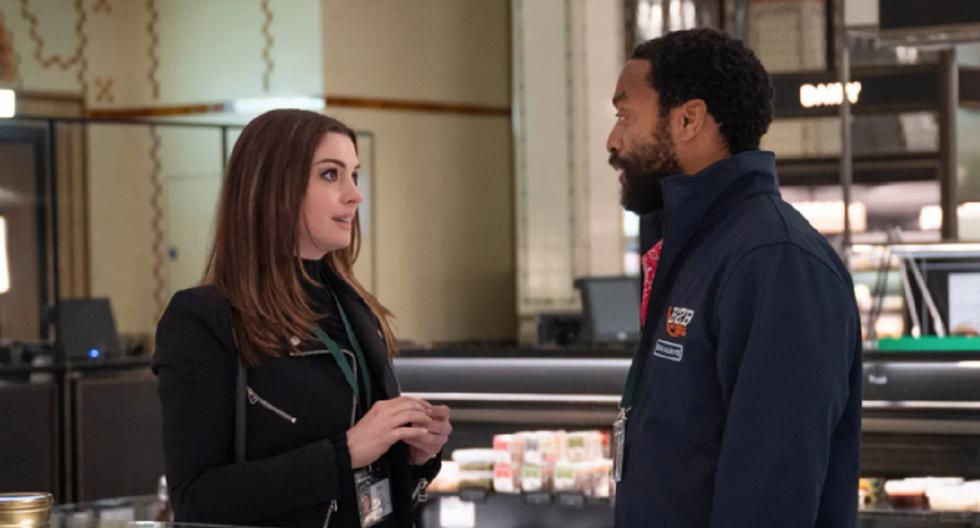The Northman
by Hope Madden
Robert Eggers releases his third feature this week, a Viking adventure on an epic scale called The Northman.
You had me at Robert Eggers.
On display once again are the filmmaker’s aesthetic instincts, his mastery of framing, and his ability to squeeze every ounce of brutal beauty from a scene. This film is gorgeous, simultaneously broadcasting the wonder and unconquerable ruggedness of its Nordic land and seascapes.
There are also familiar faces. Anya-Taylor Joy plays Olga, a spoil of war too cunning to remain long in bonds. She’s joined in smaller roles by Eggers favorites Ralph Ineson, Kate Dickie, and Willem Dafoe as a wizened court jester.
Now, if you’re not a fan of the director’s two previous features, 2015’s The Witch and 2019’s The Lighthouse, that does not necessarily predict your feelings about his latest effort. Eggers is working in a different genre with a different, far larger cast and scope this time around.
Alexander Skarsgård is the film’s titular hero; Claes Bang, his uncle and foe.
What you have is a classic vengeance tale: prince witnesses royal betrayal and the murder of his father. He loses his mother and his crown and vows revenge. You’ve seen the trailer.
I will avenge you, father.
I will save you, mother.
I will kill you, Fjolnir.
Skarsgård is cut to play a Viking. His performance is primarily physical: blind rage looking for an outlet. He’s believably vicious, bloodthirsty, single-minded and, when necessary, vulnerable. The entire cast around him is equally convincing.
Nicole Kidman – who played Skarsgård’s wife in the HBO series Big Little Lies, graduates to mother here, while Ethan Hawke plays his father, King Aurvandil War-Raven.
That’s a good name.
Oh, plus Bjork because Iceland. In fact, Egger’s co-writer here, beloved Icelandic novelist and screenwriter Sjón, penned not only last year’s gorgeous folk horror The Lamb, but also Bjork’s early work with Lars von Trier, Dancer in the Dark.
Classic is exactly how The Northman feels. The story is gritty and grand, the action brutal and the storytelling majestic. As is the case with Eggers, expect a fair amount of the supernatural and surreal to seep in here and there, but not enough to outweigh the meticulously crafted period realism.








